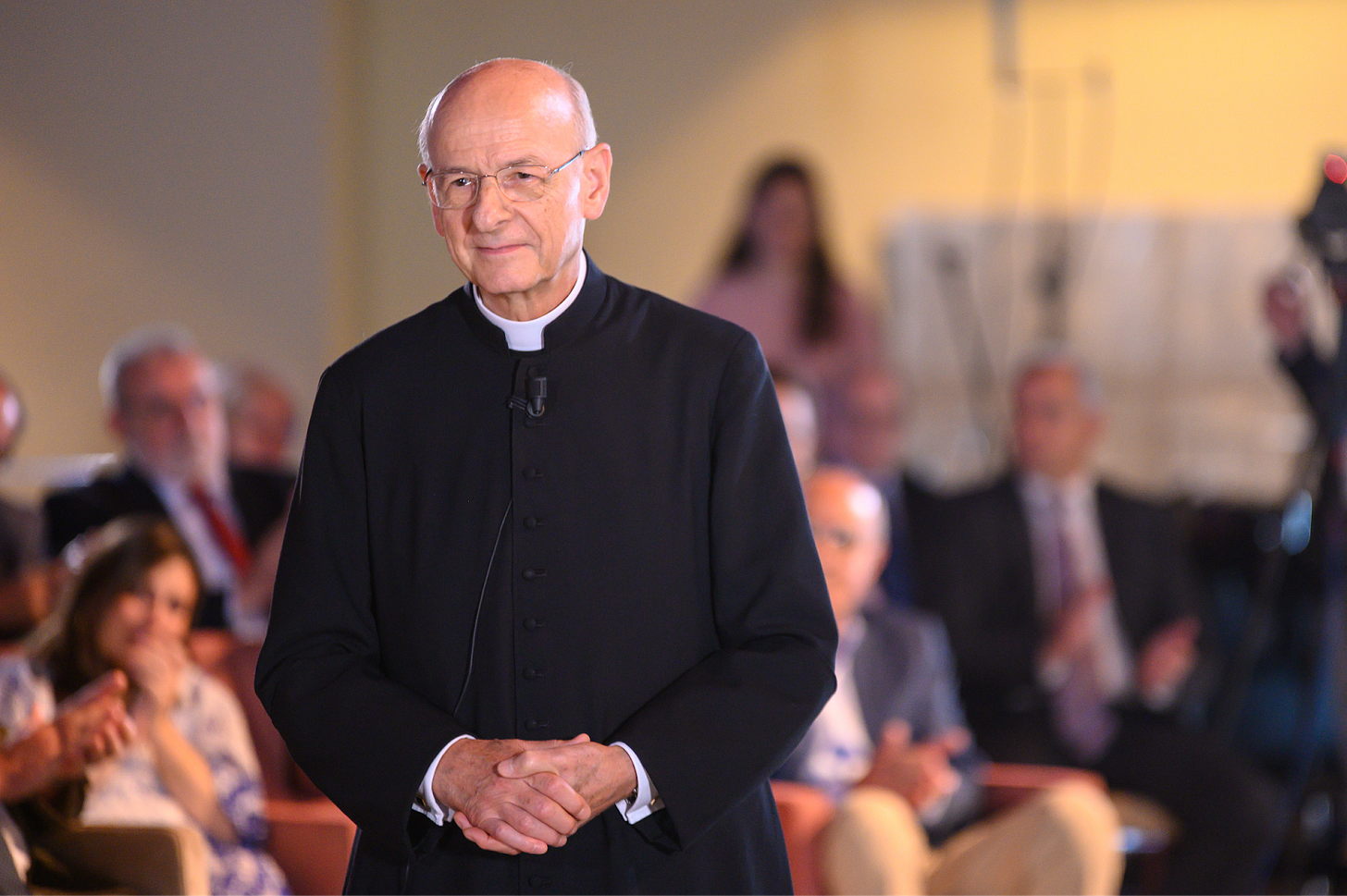Head of Opus Dei says prelature is undertaking ‘process of healing’
Msgr. Ocáriz sees hope for the future of the prelature, as it undergoes canonical reform
The prelate of Opus Dei said he wants to help bring healing to anyone who has been hurt by the prelature, while four members are facing investigations over human trafficking allegations in Argentina.

Msgr. Fernando Ocáriz said Opus Dei created a …
